Not all that long ago, a luxury electric car wasn't something one could merrily go out and buy. They simply didn't exist.
This was changed with the arrival of the Tesla Model S in 2012, and in the years since the American saloon first demonstrated what was possible if you injected a combination of pace, comfort and elegance into the EV equation, numerous premium-branded luxury EVs have joined the fray.
They now come from the more familiar, European manufacturers including Audi, BMW and Mercedes-Benz. Indeed, today the luxury EV class is well furnished with options.
Some cars strive to maximise refinement and opulence. Some place performance on a pedestal, while others throw a good dose of utility into the mix with SUV bodyshells.
Competition is fierce and standards ever-increasing – as well they might, given that none of the fine cars listed below are what you'd call inexpensive.
So, if you're looking for some of the world's longest-legged and most usable electric cars, this chart is where you'll find them.
This is where Teslas battle Mercedes EQs, BMW i cars, Audi E-trons and even new-groove Porsches.
If you've got a bigger budget to spend on an electrically powered family car to use and rely on for any kind of trip, these are your main contenders - some with claimed ranges of up to 400 miles and beyond.
The best luxury electric cars
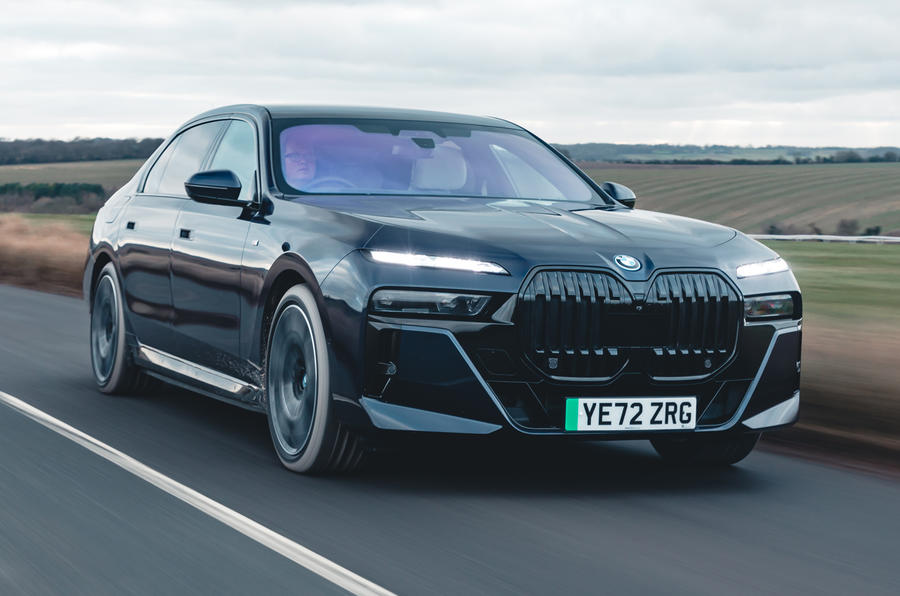
It's a measure of the increasing preeminence of EVs that the first version of BMW's all-new 7 Series flagship to hit showrooms was the electric i7.
Yet perhaps even more significantly for the brand, the seventh-generation version of its range-topping saloon is the first to properly hit the luxury car bullseye and prove a real alternative to the otherwise dominant Mercedes-Benz S-Class.
One things for certain with this 7 Series: onlookers aren't going to miss your arrival. This isn't an elegant or even a particularly aesthetically appealing car, but there's no doubt the monumentally proportioned i7 attracts attention.
Bluff-fronted and slab-sided, it visually dominates any slab of Tarmac its sits on, and if you're a plutocrat wanting to flaunt your success, this imposing presence will only be a positive.
It's even more impressive inside, and happily that's thanks to the beautifully crafted finish and jaw-dropping tech, rather than any gaudy brashness in the design. Rich materials are used throughout, while the slick screens sitting on top of the dash can be accessed using an iDrive rotary controller.
For rear seat passengers, there's the option of an incredible drop-down 31.3in screen, which in combination with the Bowers & Wilkins sound system delivers a drive-on rather than drive-thru cinema experience.
Like previous 7 Series models, the i7 is pretty good to drive. At nearly 2800kg, it's no lightweight, and there are smaller cross-channel ferries. But thanks to four-wheel steering and four-wheel drive, the big BMW feels surprisingly biddable, with accurate steering, precise handling and strong grip.
What's new is the big saloon's ability to waft and cosset with the best of them, thanks to the engineers' clear decision to focus as much energy into delivering the ultimate soothing machine as much as the ultimate driving machine.
In this regard, it's helped by a dual-motor set-up that provides 536bhp for ample performance, while a 102kWh battery promises 367 miles between plug sockets, at which point you can charge at up to 195kW for 106 miles of range in just 10 minutes.
Read our BMW i7 review


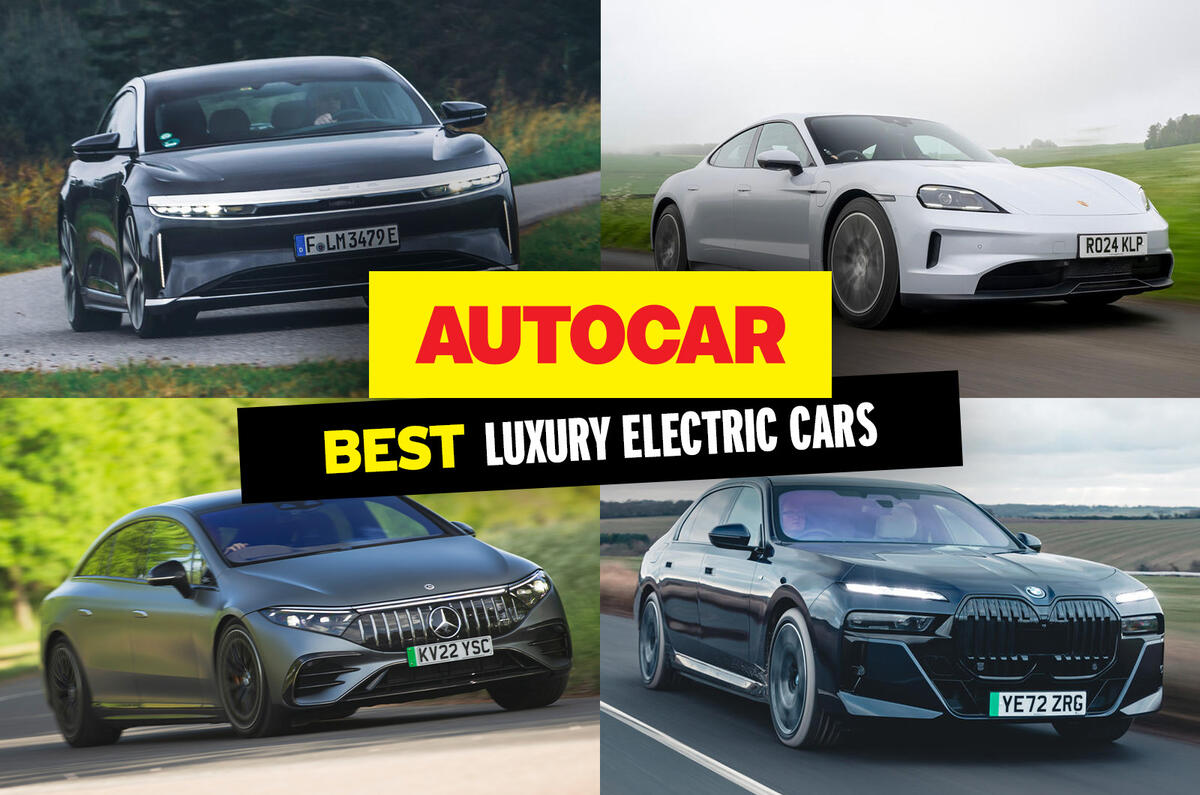
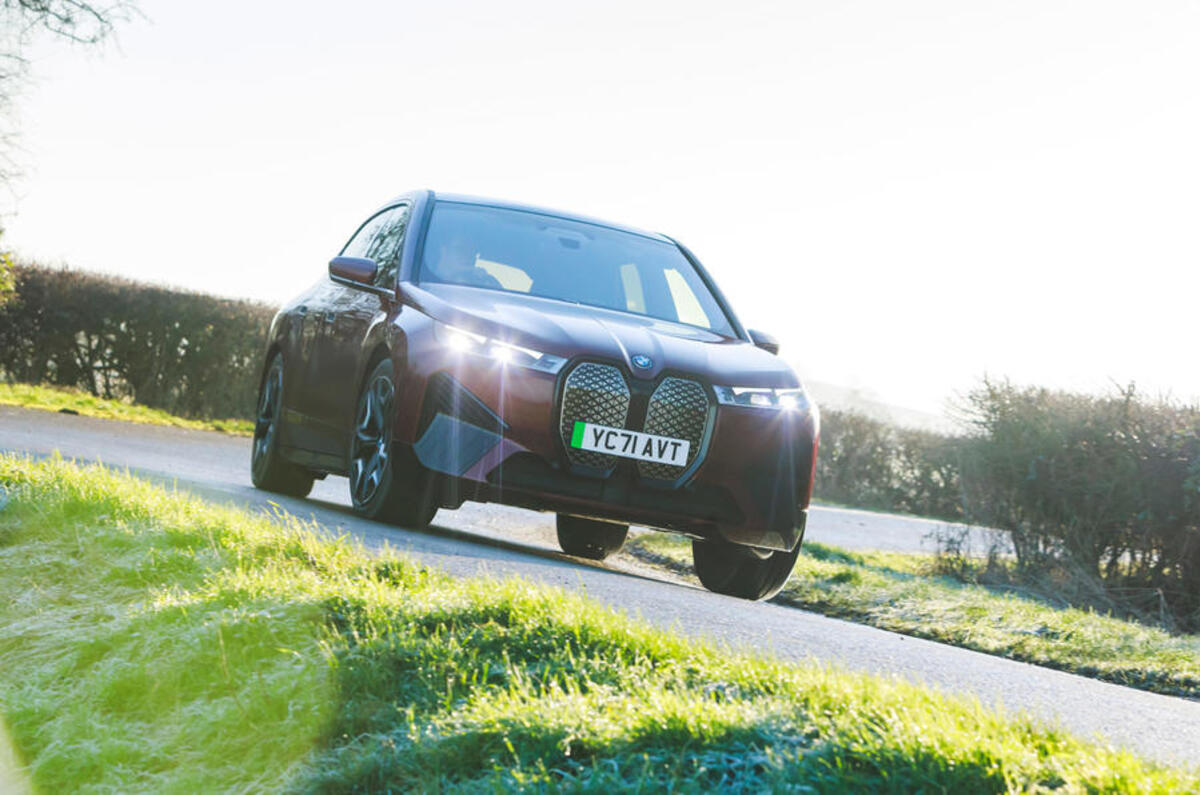
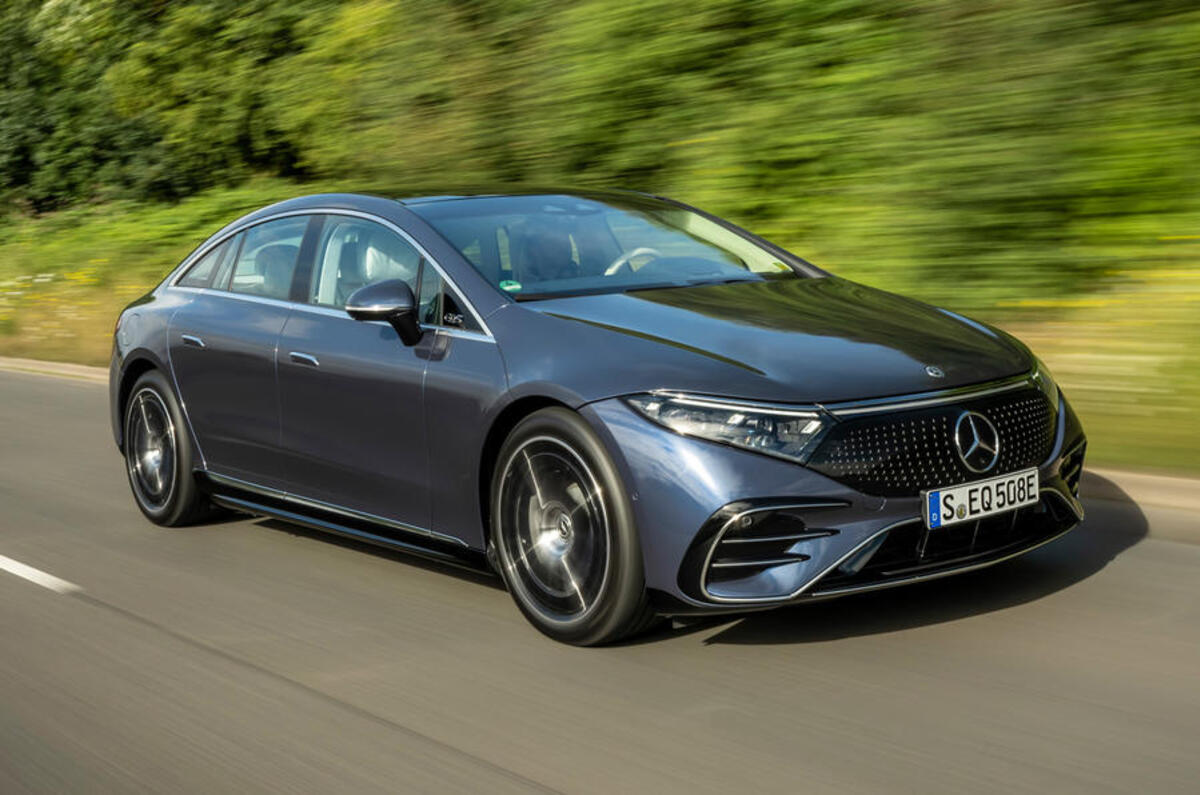
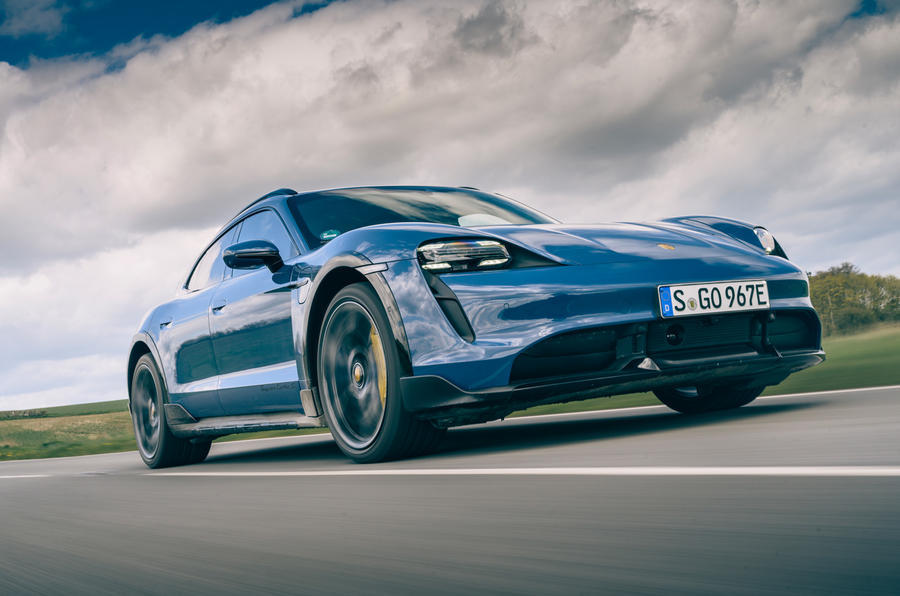
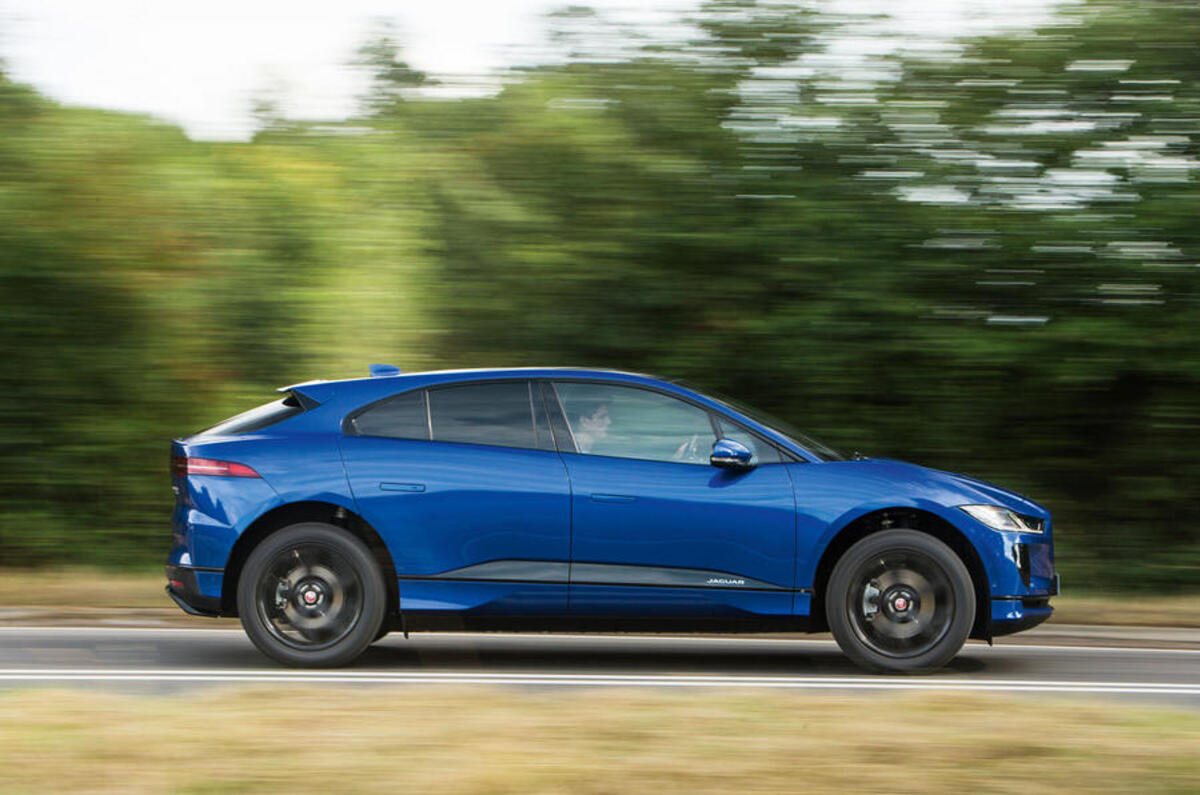
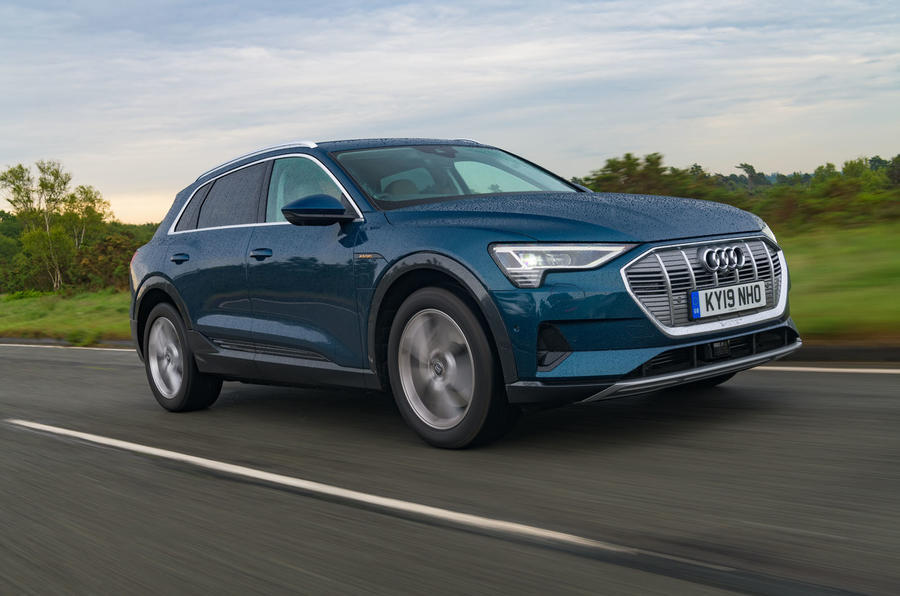
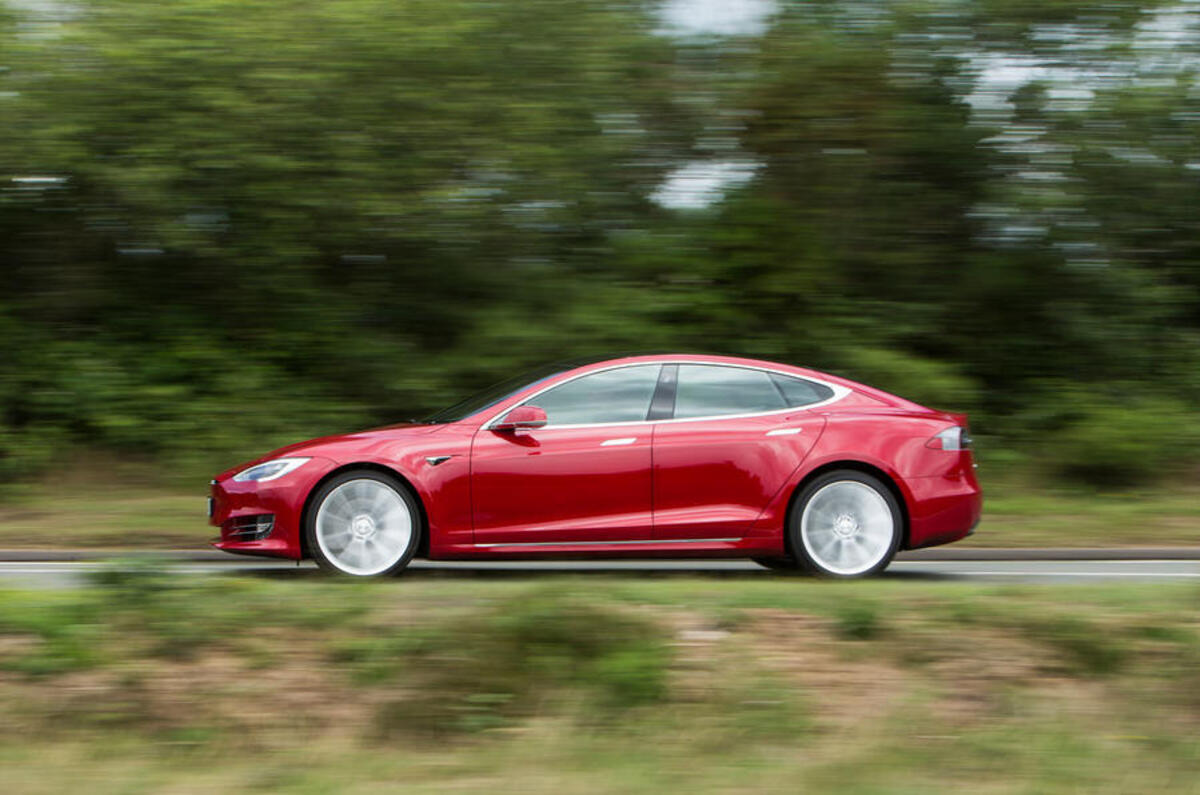
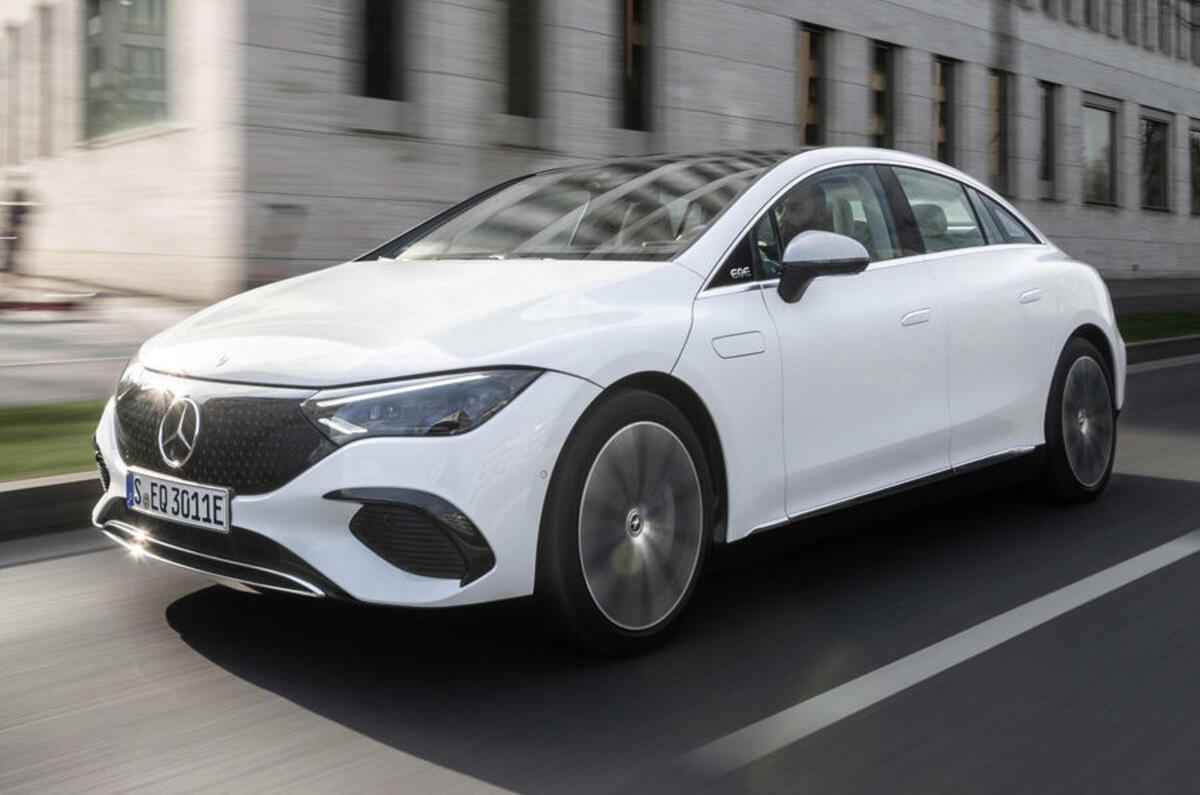
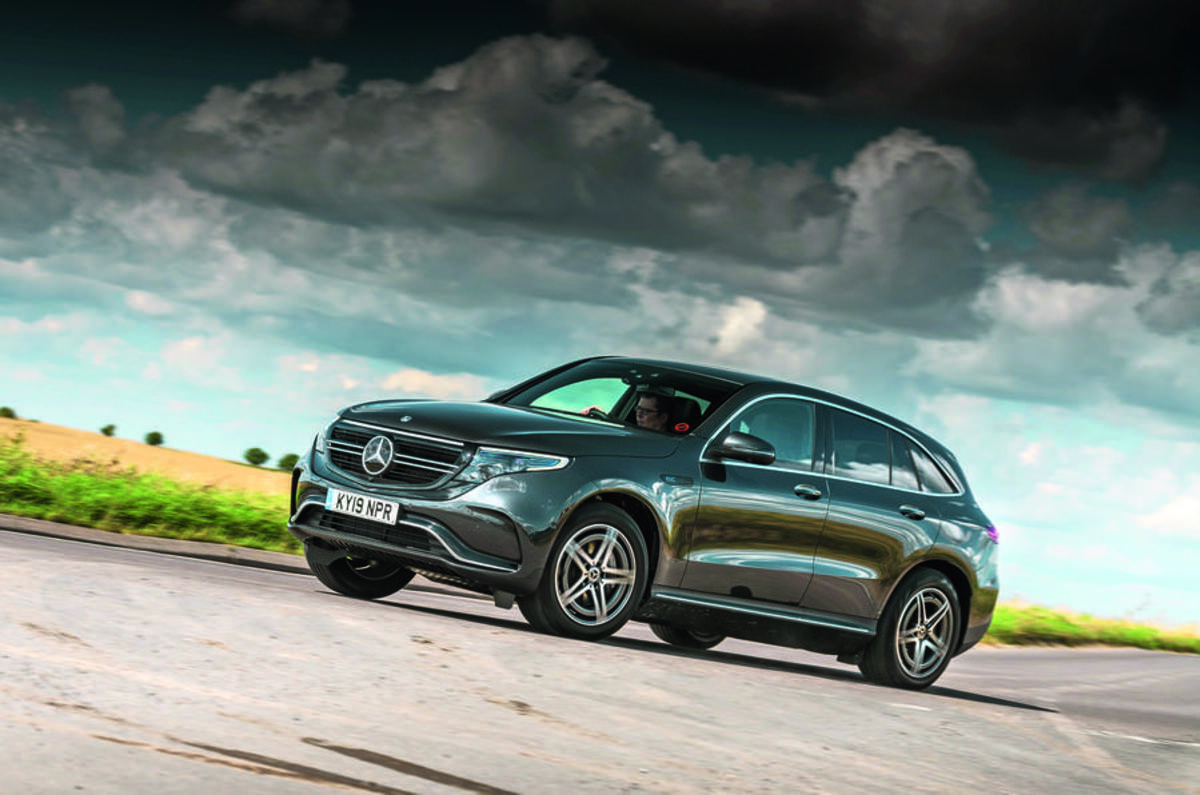
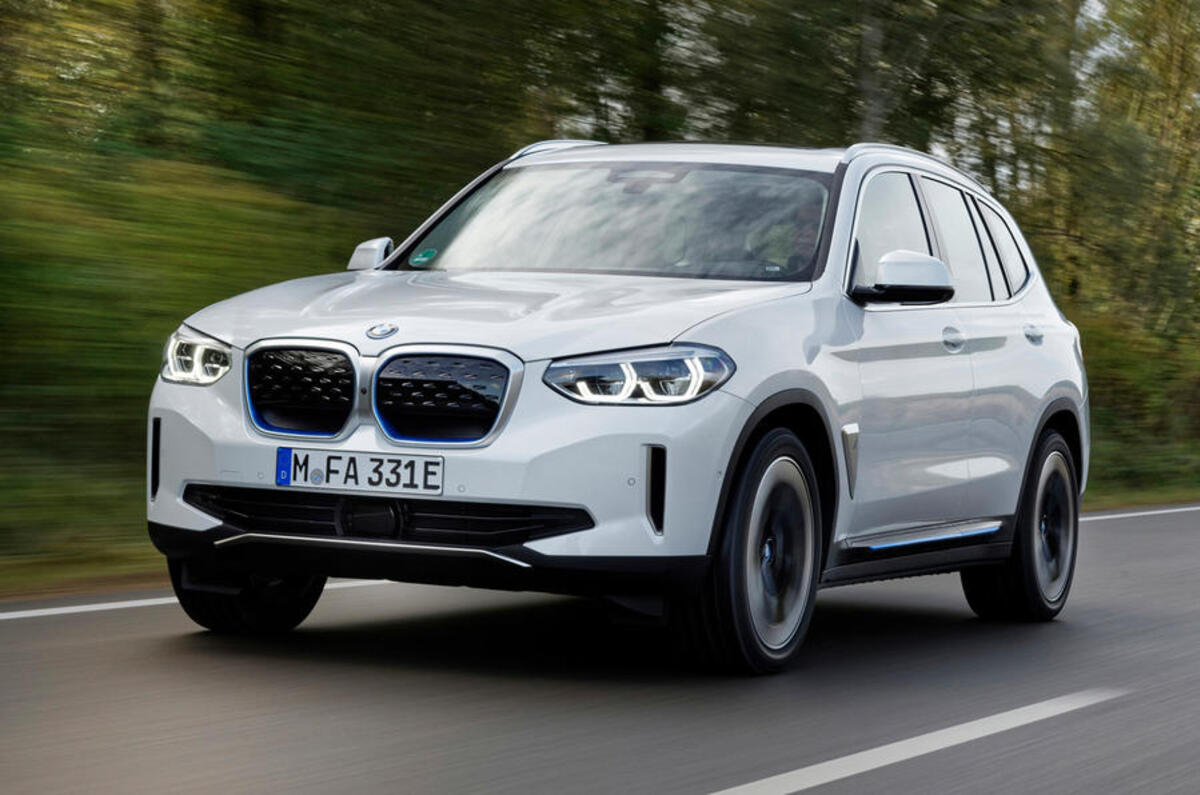
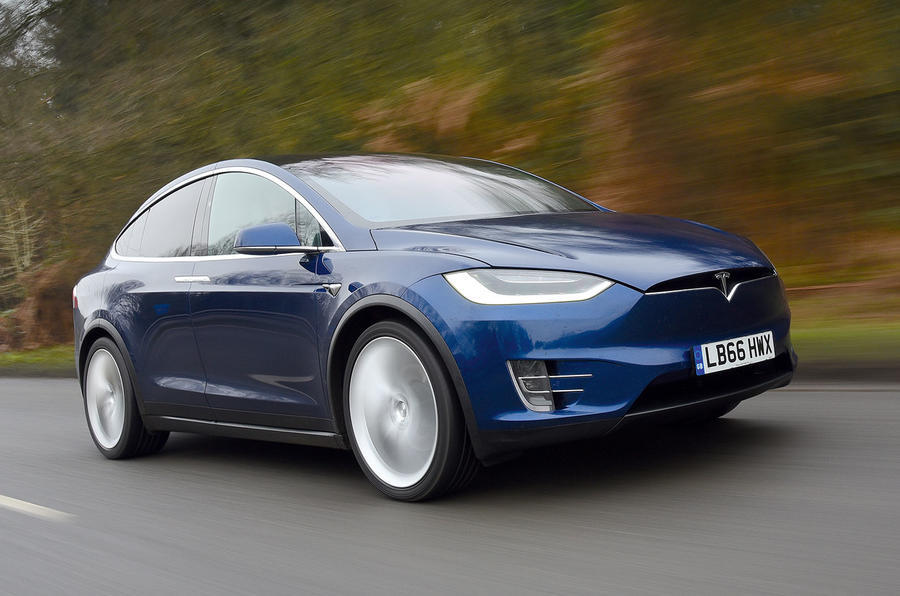
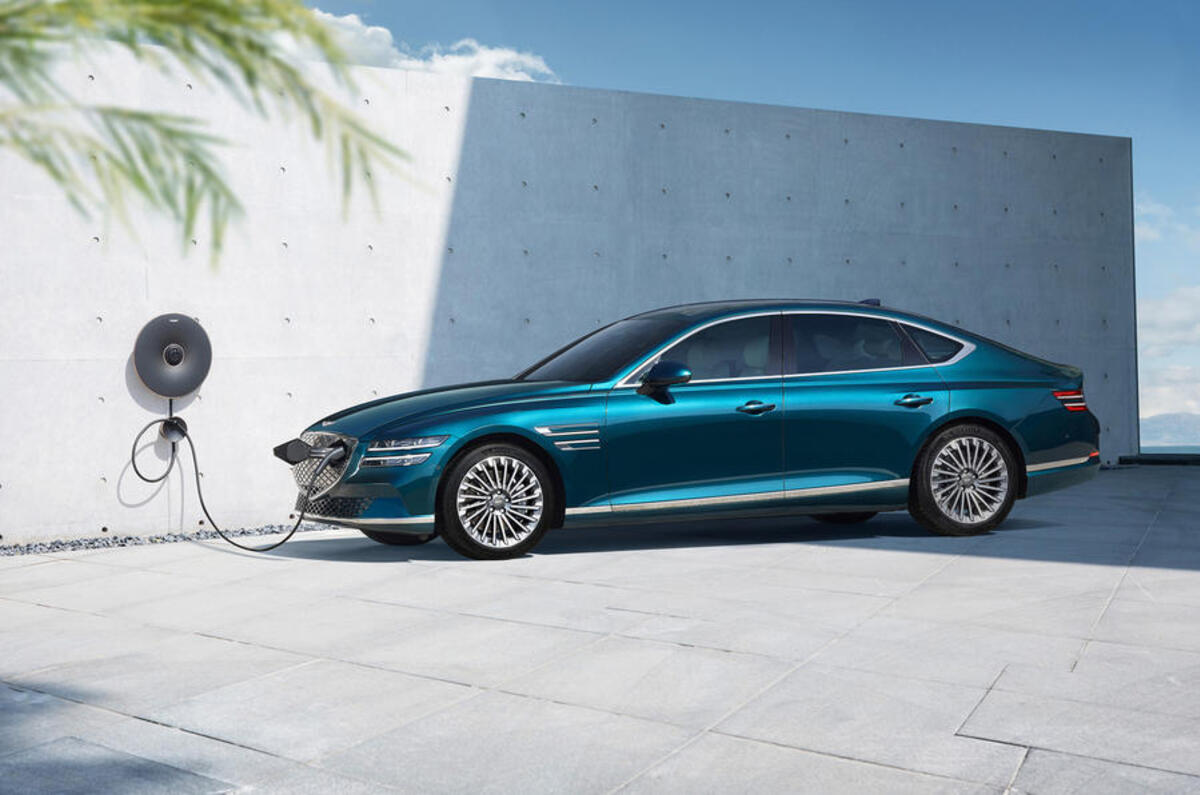
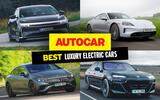
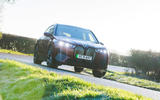
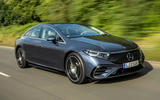
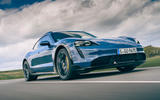
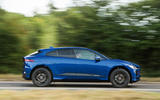
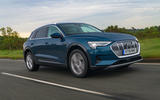
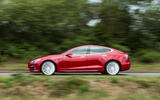
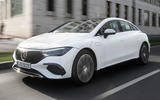

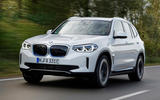
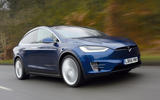
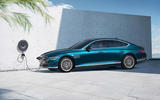

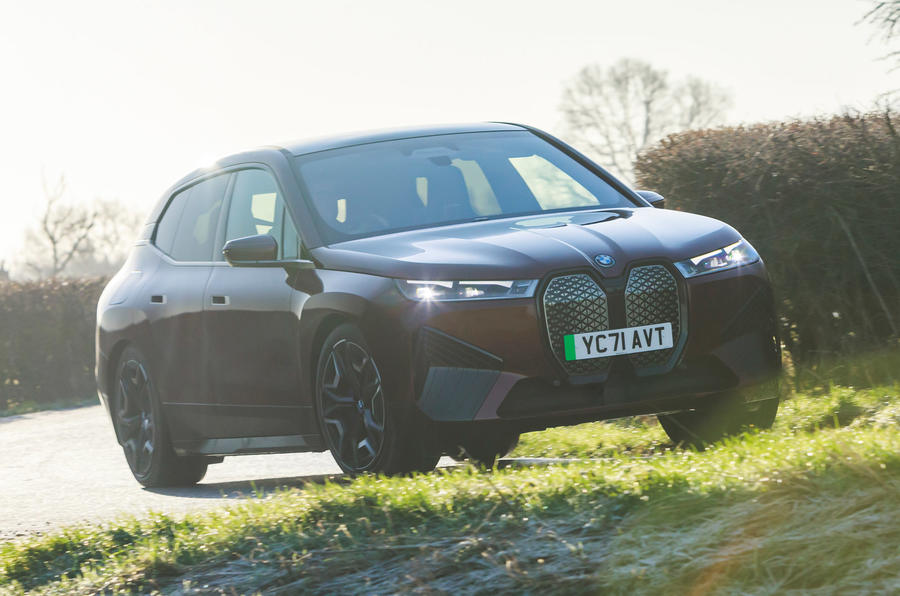
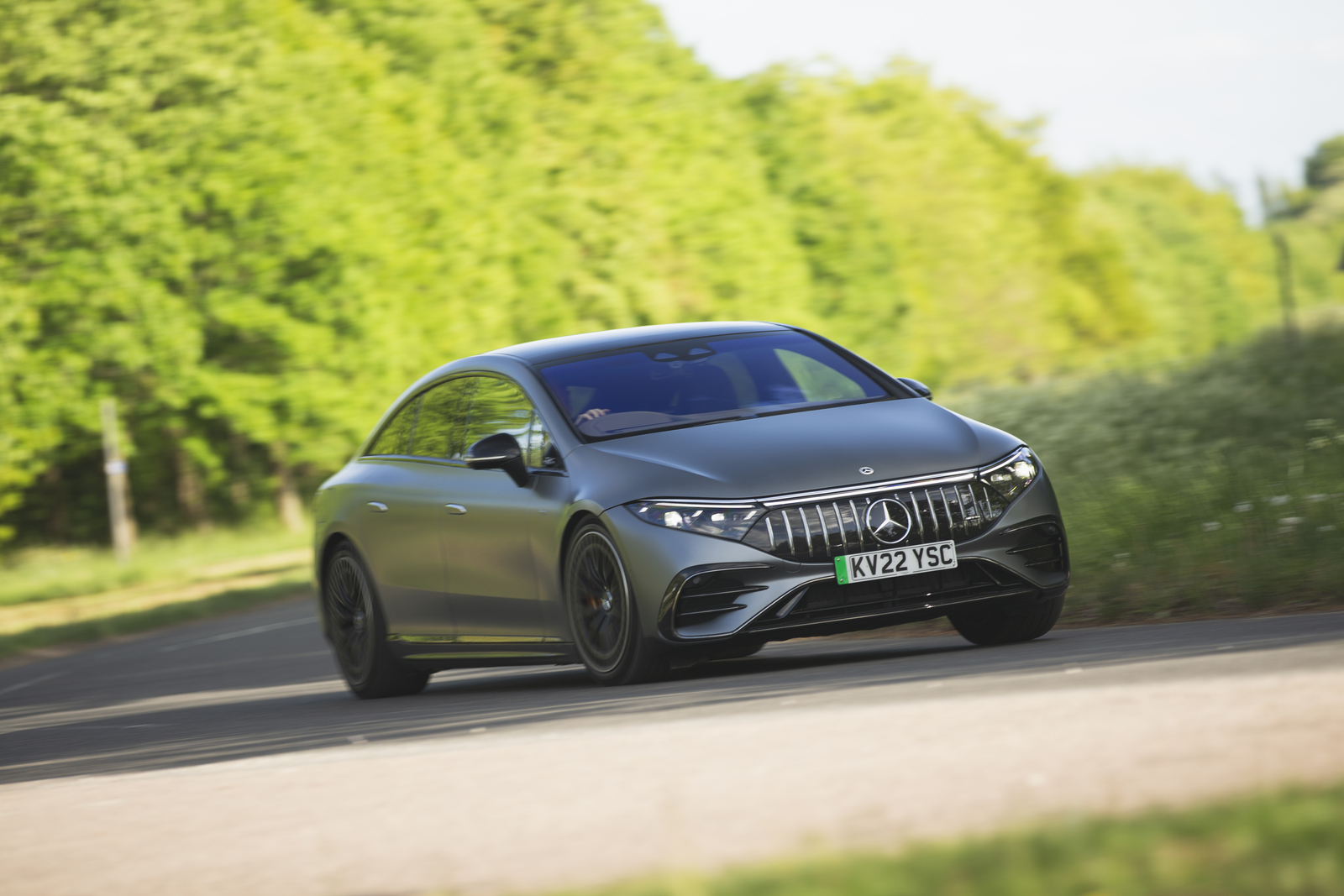
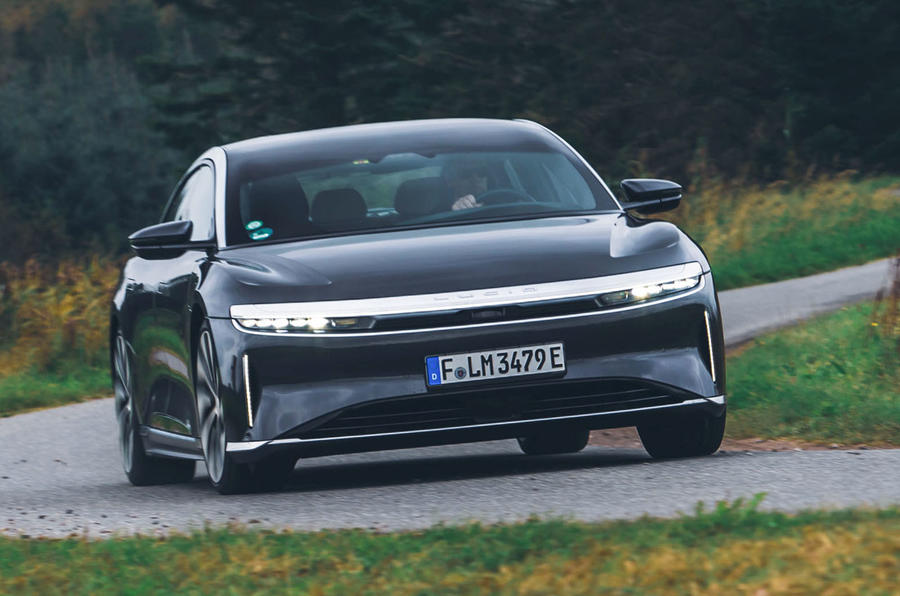
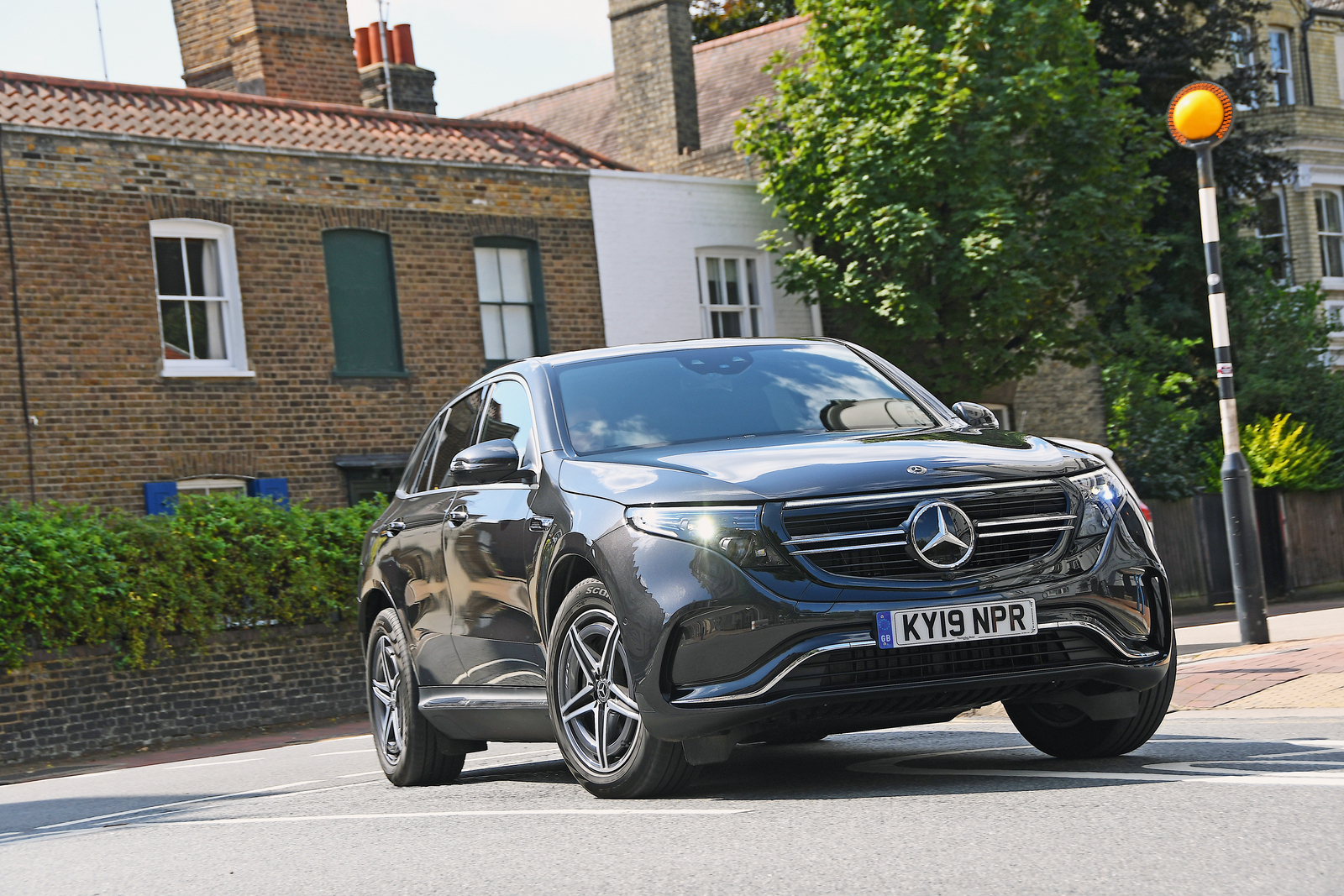
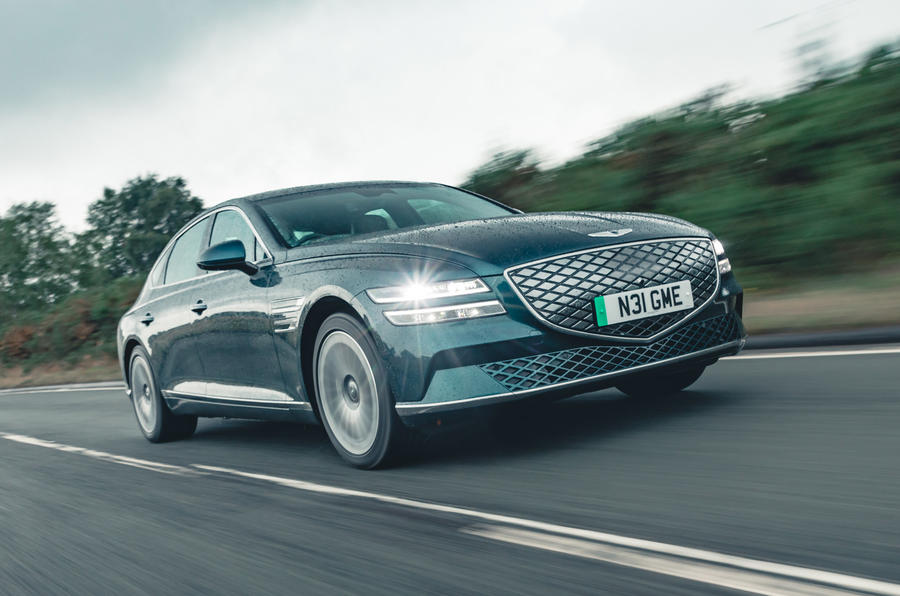
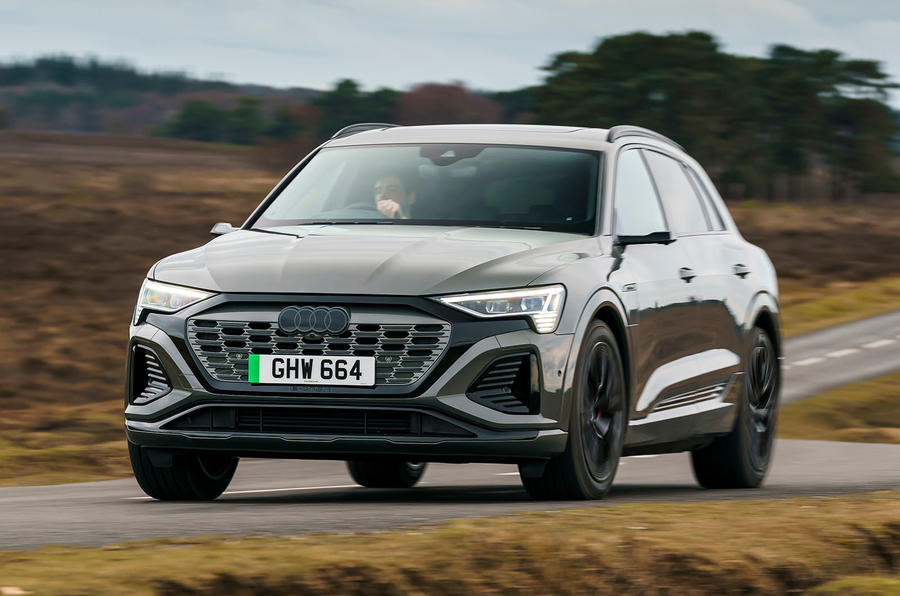
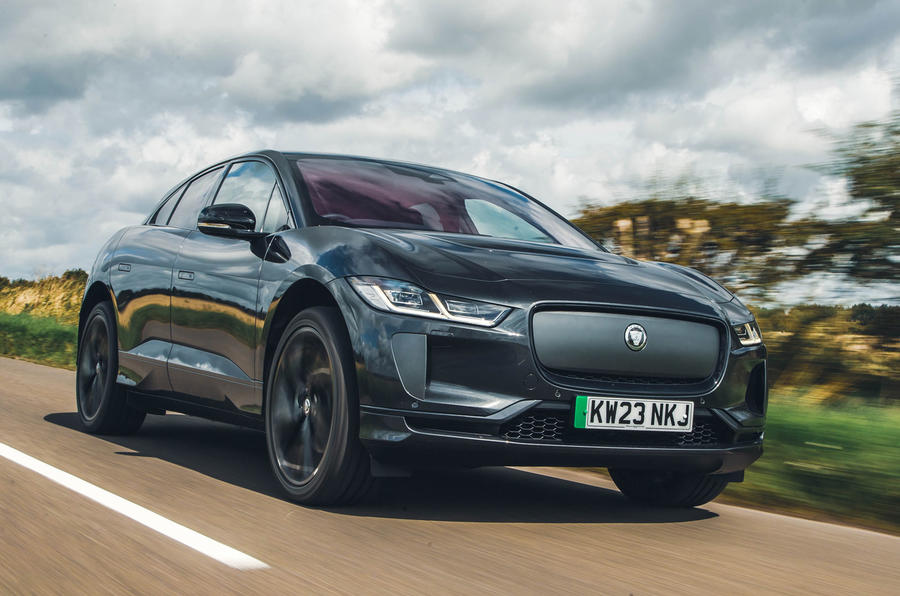
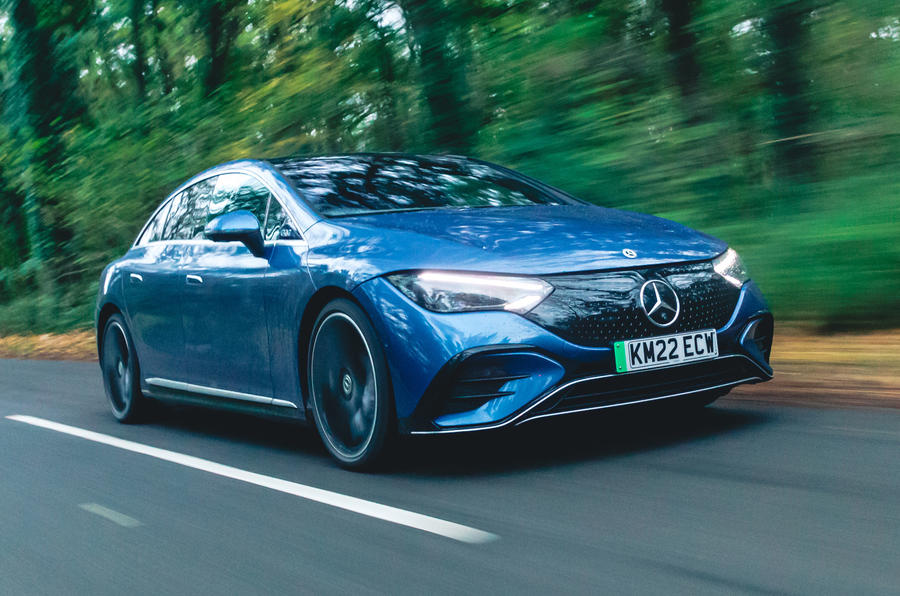






Join the debate
Add your comment
Honestly, I'd take a EV6 over any of these apart from the Porsche. Buy the Kia, get something better engineered and more desirable, and save the change – or donate it to WWF to make a bigger difference. Garishness and sustainability are bad bedfellows.
How about the top ten best value-for-money EVs?
Oh yes, that's right - none of them represent good value for money.
Joke of a List
Besides this "report" being horribly outdated, having Autocar never taking price into account is not just poor journalism but down right lies. A $200,000 Taycan at #1 is a joke.